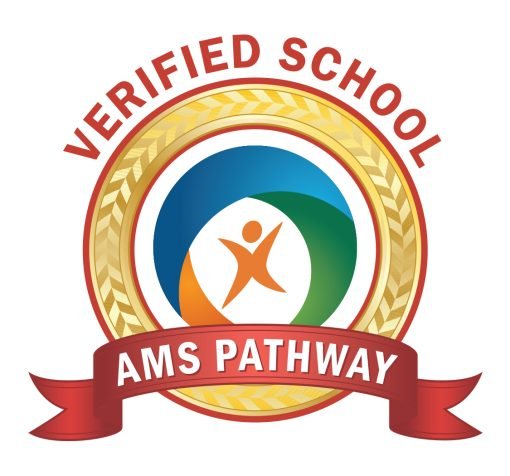Explaining Positive Discipline can be both a simple and complex task, as it is not easily defined by a single idea or practice. At its core, Positive Discipline (PD) is not merely a set of tools or techniques—it is a philosophy of life that applies to people of all ages. In a Montessori environment, this transformative approach fosters inner discipline, responsibility and the importance of creating and maintaining respectful relationships.
Positive Discipline, a method to raise respectful children without resorting to punishment or harsh discipline, holds significant value. However, it’s essential to recognize that it encompasses more than just a toolkit. The approach delves into profound principles that provide a comprehensive understanding of human behavior and relationships. It transcends the boundaries of parenting, finding applications in various settings, including adult relationships, workplaces, and communities.
In addition, Positive Discipline is about viewing every individual—whether a child, a partner, or a colleague—as a being worthy of respect. It emphasizes the importance of relationships, mutual understanding, and fostering personal responsibility. Like Montessori education, Positive Discipline sees the child not as a passive recipient but as a capable, valuable person with a voice and the ability to make a difference in the world.
A Universal Philosophy for All Ages
Positive Discipline is not restricted to a specific age group. Its principles are as relevant to toddlers as they are to teenagers, and they extend to relationships between adults in families, workplaces, and communities. The philosophy invites us to see everyone as capable of learning, growing, and contributing.
For children, Positive Discipline fosters self-discipline, responsibility, and mutual respect. For adults, it encourages better communication, collaborative problem-solving, and deeper connections. It challenges punitive approaches and instead promotes solutions that build trust and cooperation.
A Shared Vision with Montessori
The practice of Positive Discipline aligns beautifully with the Montessori philosophy as they both emphasize respect for the individual, the power of encouragement, and the importance of nurturing intrinsic motivation. By embracing Positive Discipline, families, educators, and communities can create environments that respect every person’s dignity and potential. It is not simply a way to avoid punishment—it is a way to build relationships, foster growth, and create a better, more respectful world for all.
More than just a parenting strategy, Positive Discipline is a transformative approach to how we interact with others—children and adults alike. Its principles remind us to listen, to respect, and to guide rather than control. In doing so, it empowers individuals of all ages to thrive, connect, and contribute to a world built on respect and understanding.
ABOUT MONTESSORI HOUSE FOR CHILDREN & ELEMENTARY SCHOOL
Montessori House, a family-owned and operated school since 2006, provides a continuum of Montessori education for ages 16 months through 6th grade. As an AMS Verified School committed to continuous improvement, our focus on Montessori authenticity cultivates joyful, self-motivated, and confident learners. We’re not just educating; we’re shaping future leaders. Our approach fosters curiosity, independence, and self-motivated learning, valuing the whole child—emotionally, socially, ethically, and academically. Students thrive in an environment that recognizes unique talents, providing opportunities for them to achieve their highest potential. Ideal students come from families who value holistic education, embrace cultural diversity, and have a natural enjoyment of learning and self-motivation.




